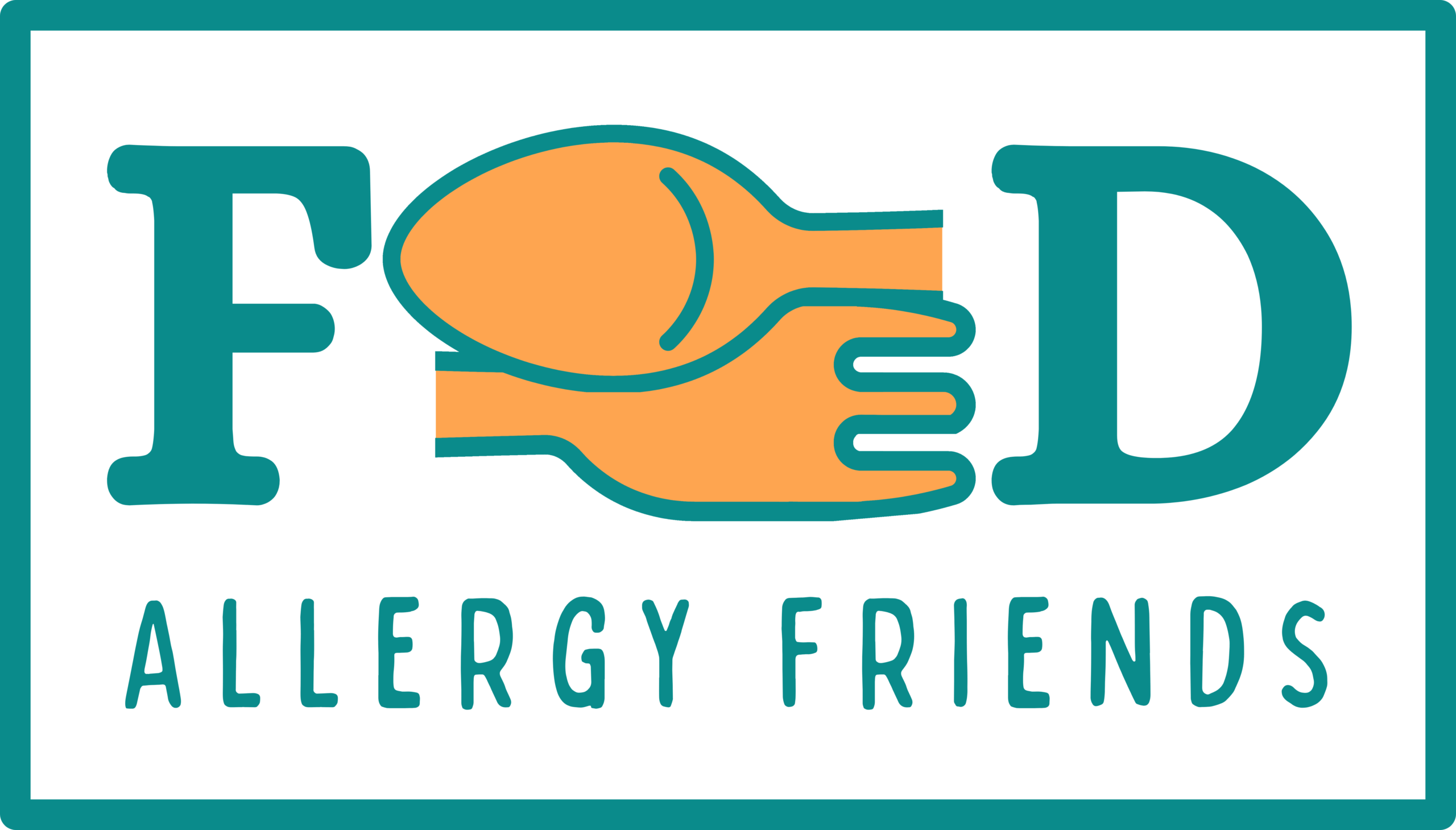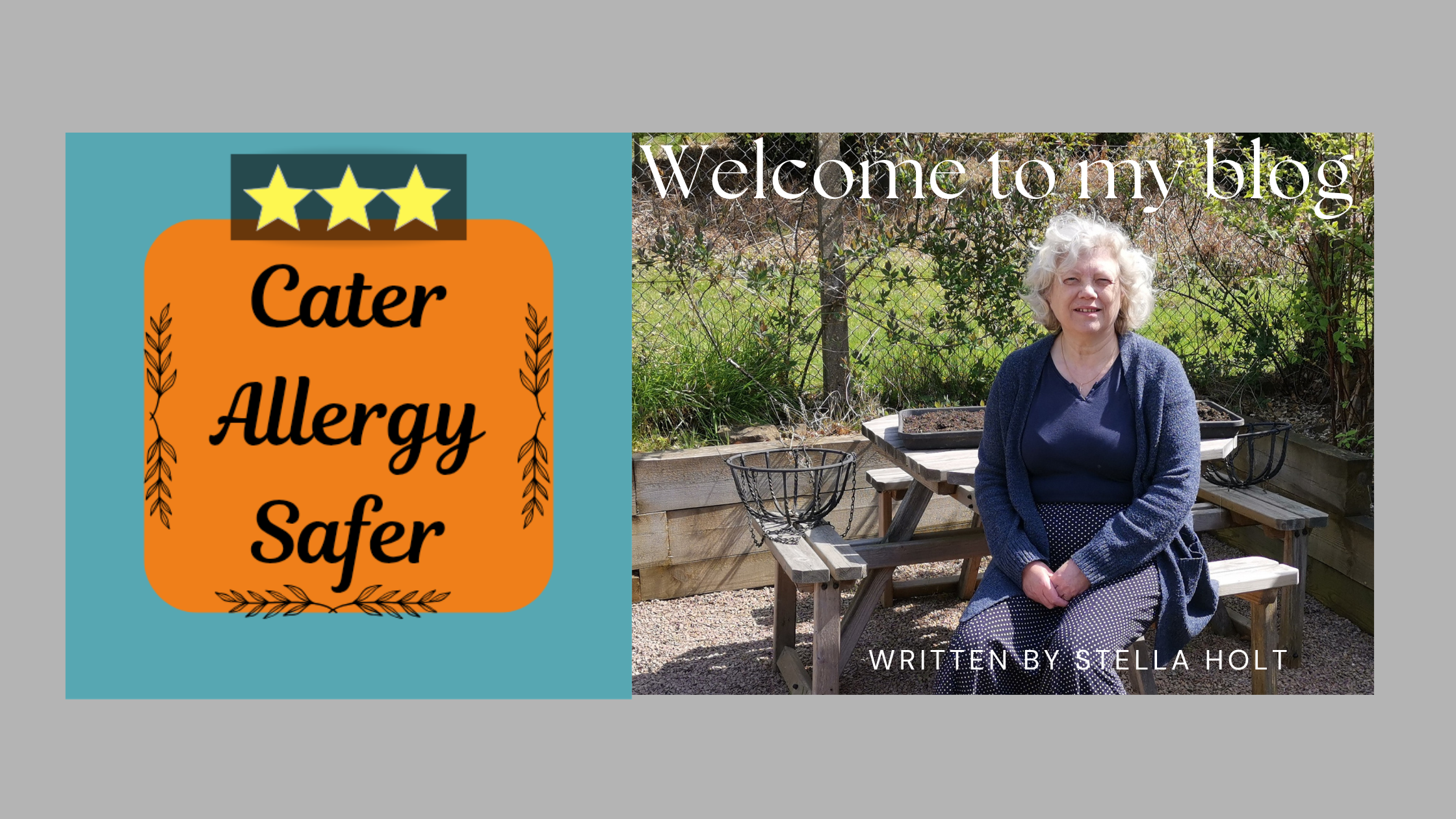Cater Allergy Safer – how it started
Having grown up navigating food allergies and intolerances, Stella realised at quite an early age that she would need to learn to prepare her own food. The best way for her to do this was to go to catering college. After 2 years in college, learning the industry, Stella worked in many hotels, hospitals, schools, pubs and supermarkets. Read more

